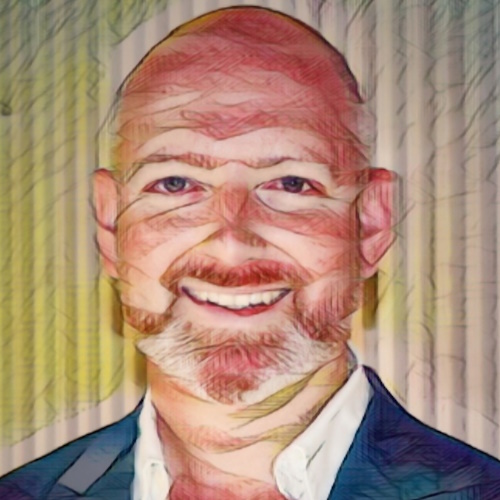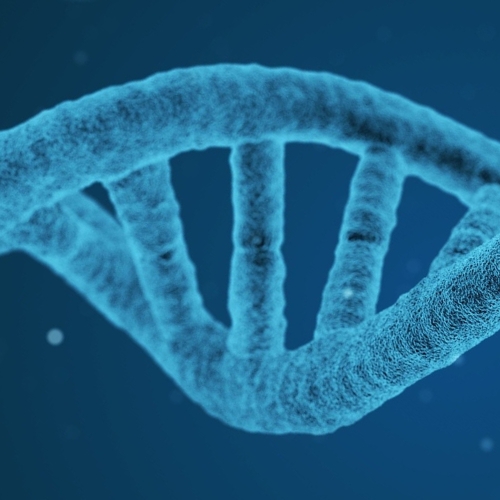Björn Schumacher at ARDD2024: Genome Stability in Aging: Mechanisms and Targets
Björn Schumacher delivers a presentation on genome stability in ageing
Björn Schumacher, a leading expert from the University of Cologne, shared groundbreaking insights at ARDD 2024. His talk focused on the innovative use of ageing clocks to explore neuron-specific ageing rates, uncovering mechanisms of ageing and identifying potential therapeutic interventions.
Key Points:
Björn Schumacher’s work demonstrates the power of transcriptomic clocks in decoding the complexities of ageing. His research offers promising pathways for targeting neurodegeneration and enhancing longevity through precise therapeutic strategies.
- Ageing Clocks as Discovery Tools: Ageing clocks represent a transformative breakthrough in longevity research, allowing scientists to measure biological age rather than chronological age. These tools enable the identification of key ageing mechanisms and interventions, paving the way for novel therapeutic approaches.
- Transcriptomic Ageing Clocks: Schumacher’s team developed a highly accurate transcriptomic ageing clock using gene expression data from C. elegans, a model organism in ageing research. This clock not only predicts biological age but also assesses the lifespan impact of various interventions, including genetic mutations, dietary changes, and pharmacological treatments.
- Neuron-Specific Ageing Rates: By applying transcriptomic ageing clocks to single-cell sequencing data, the team revealed that different neuron types exhibit distinct ageing trajectories. Sensory neurons, exposed to environmental factors and characterized by elevated protein biosynthesis, were found to age faster than other neurons. These findings shed light on the cellular mechanisms behind neurodegeneration.
- Cross-Species Correlations: Ageing patterns observed in C. elegans neurons strongly correlate with those seen in humans and mice, especially in processes such as protein biosynthesis, DNA damage responses, and neuroinflammation. This suggests that insights gained from C. elegans could translate to understanding brain ageing in humans.
- Drug Screening for Neuroprotection: Leveraging transcriptomic data, Schumacher’s team conducted in silico drug screening to identify compounds that modulate neuronal ageing. They validated neuroprotective effects of syringic acid, found in grapes, and vanoxerine, a dopamine reuptake inhibitor, while also identifying potentially neurotoxic compounds that accelerate degeneration.
- Therapeutic Implications: The research underscores the therapeutic potential of targeting neuron-specific ageing processes. By identifying genes and pathways involved in neuronal ageing, the findings pave the way for personalized anti-ageing treatments and interventions that could slow or reverse neurodegeneration, offering hope for combating age-related cognitive decline.
Visit website: https://www.youtube.com/watch?v=_GZp5Tpiwyg
Details last updated 06-Jan-2025
Mentioned in this Resource
ARDD 2024 - 11th Aging Research & Drug Discovery Meeting
26-Aug-2024 to 30-Aug-2024
Event about latest progress in the molecular, cellular and organismal basis of aging organised by University of Copenhagen (Copenhagen, Denmark)





